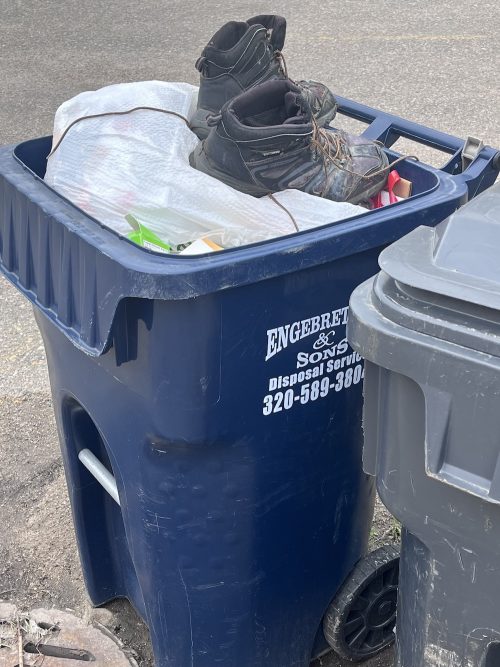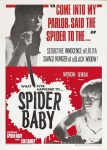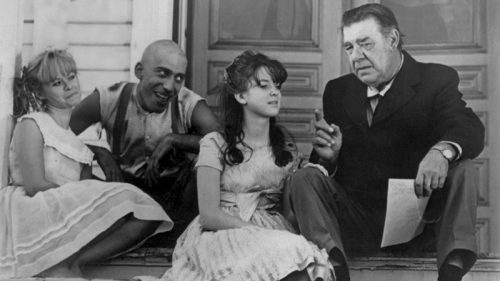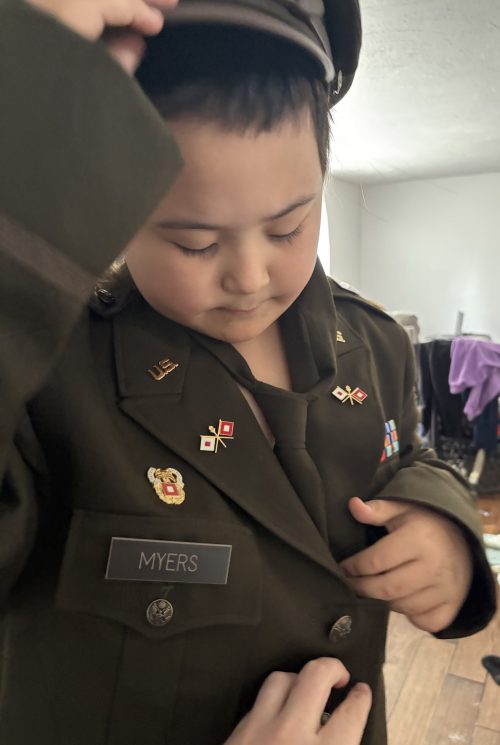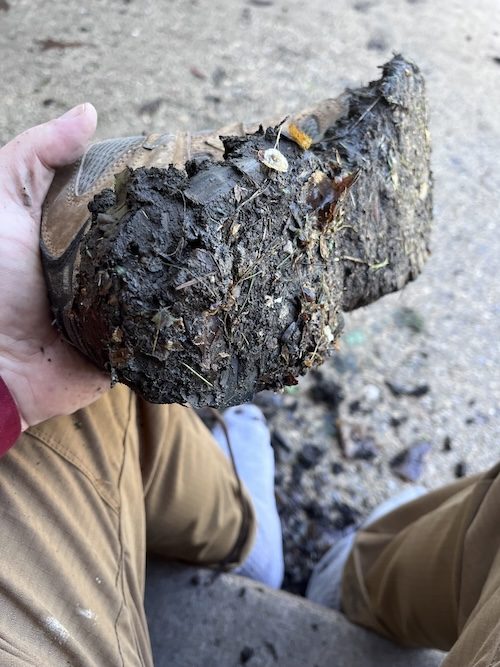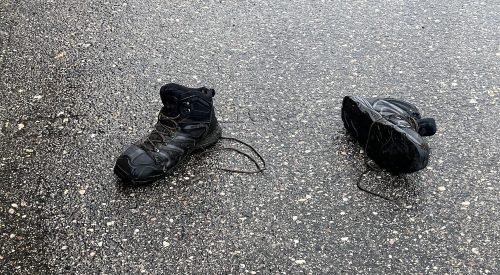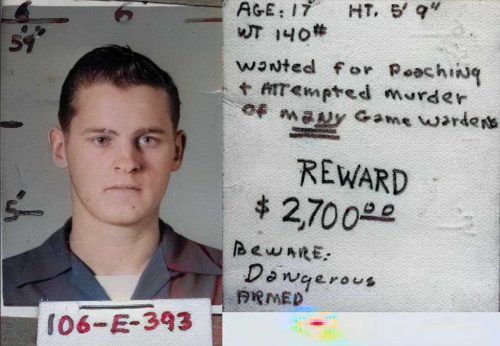Over two weeks ago, I spotted a pair of boots abandoned in a parking lot. I’ve been keeping an eye on them — they’ve been there all this time, but I’ve seen them moved around every once in a while.
Their saga is almost over, I’m sad to report.
Farewell on your journey to the landfill!

